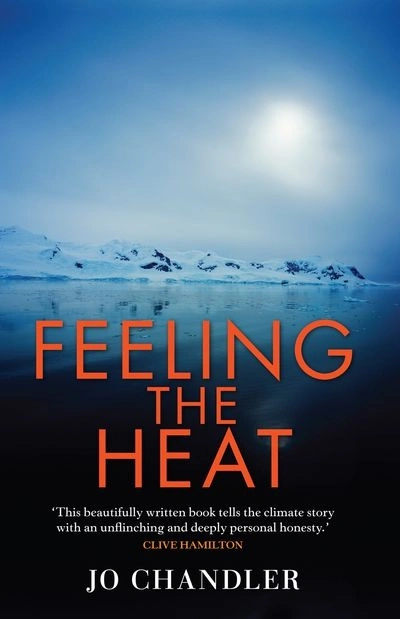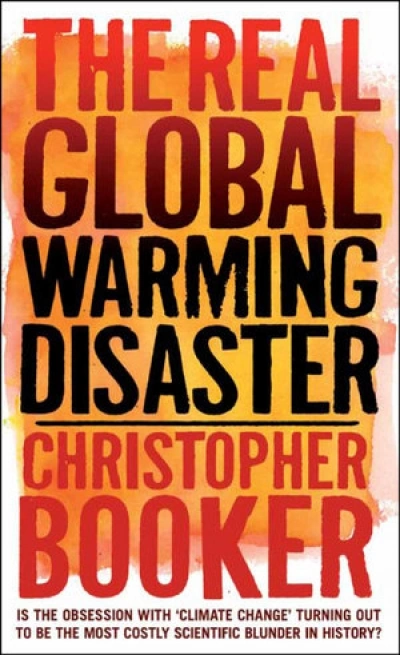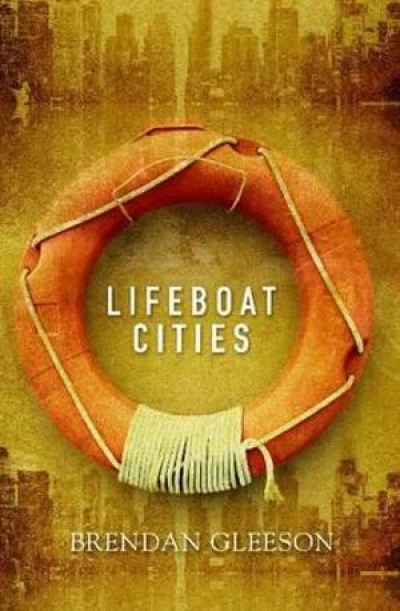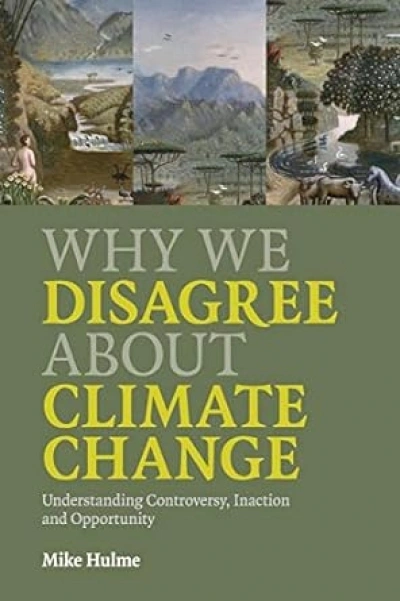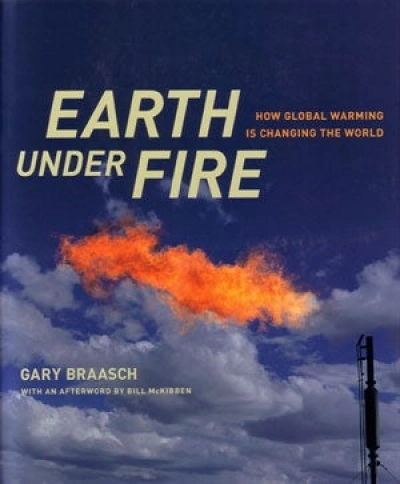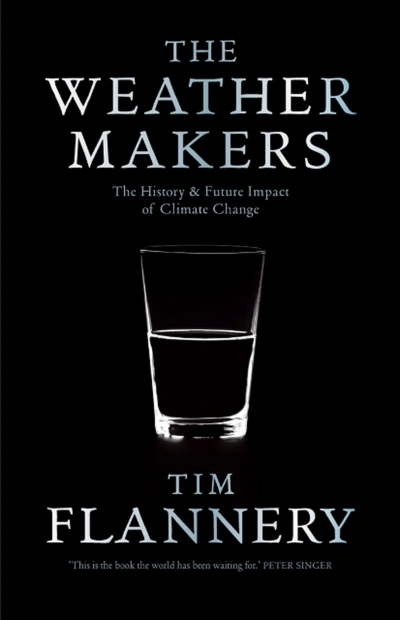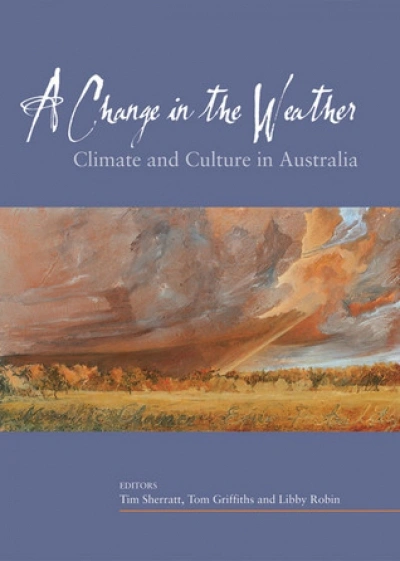Accessibility Tools
- Content scaling 100%
- Font size 100%
- Line height 100%
- Letter spacing 100%
Climate Change
The ABR Podcast
Released every Thursday, the ABR podcast features our finest reviews, poetry, fiction, interviews, and commentary.
Subscribe via iTunes, Stitcher, Google, or Spotify, or search for ‘The ABR Podcast’ on your favourite podcast app.
‘The gold standard: The centenary of Francis Webb’
by Toby Davidson
This week on The ABR Podcast, Toby Davidson marks the centenary of Francis Webb with an essay on the poet. Toby Davidson is the editor of Francis Webb’s Collected Poems and a senior lecturer at Macquarie University. Listen to Toby Davidson with ‘The gold standard: The centenary of Francis Webb’, published in the January-February issue of ABR.
Recent episodes:
Timothy Roberts reviews 'The Real Global Warming Disaster: Is the Obsession with "Climate Change" Turning out To Be the Most Costly Scientific Blunder in History?' by Christopher Booker
Christopher Booker is appalled that humanity has thrown its glimmering record of progress on the pagan bonfire of environmentalist superstition. He is shocked that the scientific community is helplessly in thrall to a cabal of corrupt hacks masquerading under theIntergovernmental Panel on Climate Change’s confected rubric. He is dumbfounded that ‘natural’ climatic fluctuations have been spun into some deranged ‘global warming’ conspiracy theory.
... (read more)Lifeboat Cities by Brendan Gleeson & Transport for Suburbia: by Paul Mees
Why We Disagree About Climate Change by Mike Hulme & Quarry Vision by Guy Pearse
During a lull in the fiercest weather event the south-east of the continent has seen in thirty years – we call them ‘events’ these days, as though someone’s putting them on – I went out on a Sunday morning and bought myself a book.
I should tell you that we live on an acre in the country one hundred and t ...


